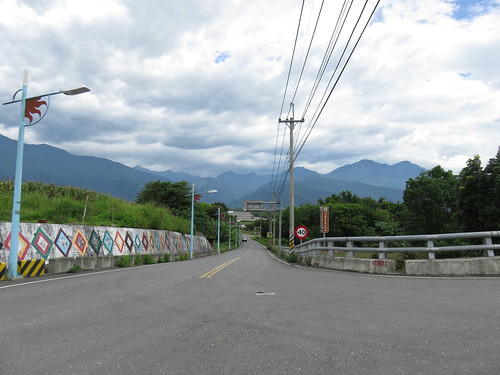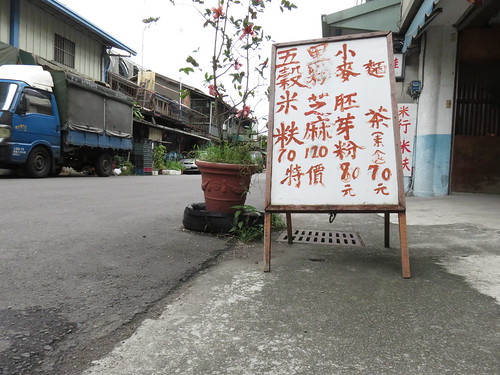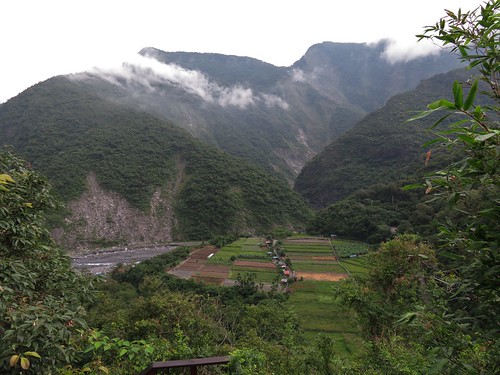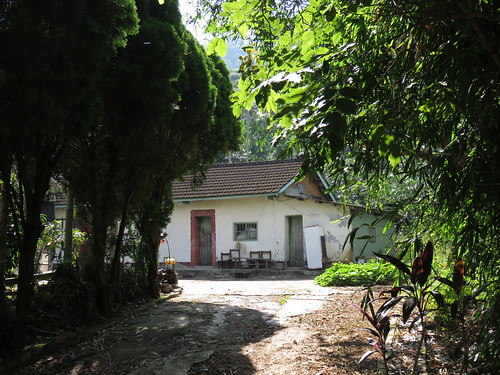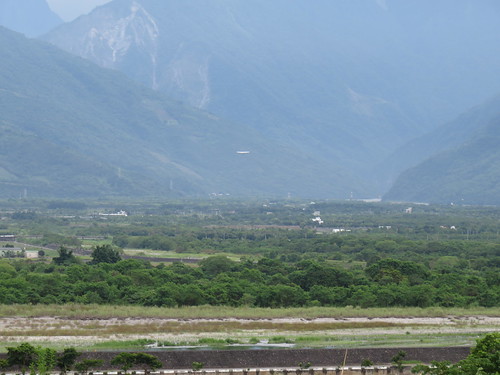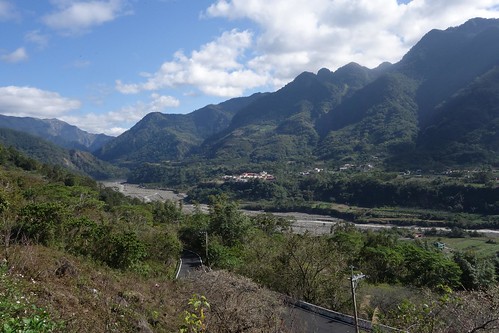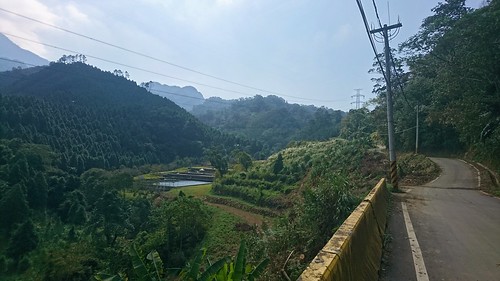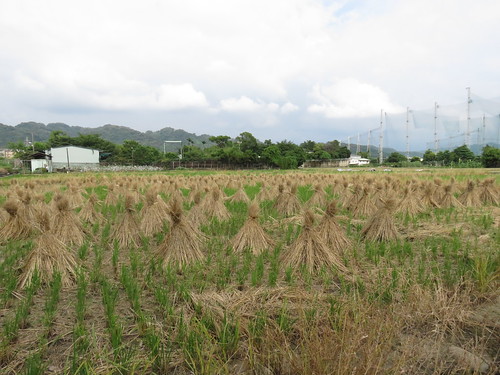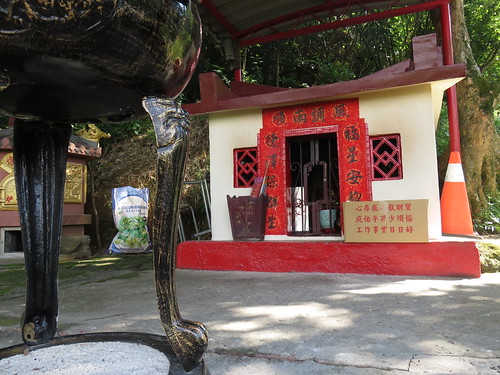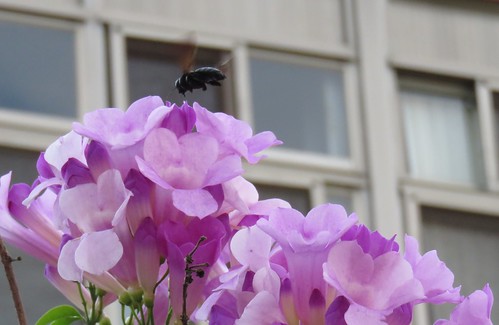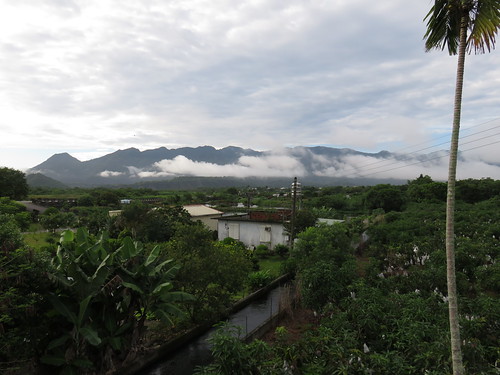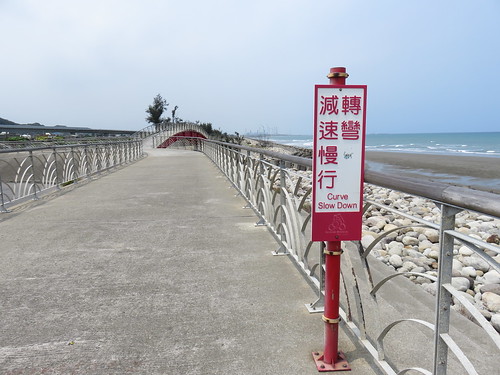Marketables
Denny Roy and Lyle Goldstein both came out with pieces on the US and Taiwan's defense, the former solid, the latter a horror show understanding everything except the actual situation.
Denny Roy, the sturdy student of Taiwan and the US,
was in SCMP warning how difficult it would be for China to take Taiwan, and discussing the likelihood of US intervention. Here's what you write when you actually know something:
The problem for China is that these methods still rely on the Taipei government choosing to surrender. Historically, governments and societies under attack become more defiant rather than submissive. Judging from the reaction of Taiwan’s people to Japanese colonisation beginning in 1895 and to the imposition of Kuomintang rule beginning in 1945, Taiwan would not be an exception.
The remainder shows a deep awareness of the political situation in the US and in East Asia. Roy correctly notes that Japan is bound up in Taiwan's defense, and observes that taking Taiwan is only the first part of the problem: Taiwan must be occupied, and planning for that is as complicated as planning the invasion itself. Roy does not have the space to go into the myriad problems of taking Taiwan, so find a copy of Ian Easton's excellent
The China Threat (
my review).
I have not been able to find the polls that Roy refers to when he says Americans don't support defending Taiwan. The most recent one I know of is an
old UPI-Zogby poll that says Americans support defending Taiwan, but it is likely out of date. Denny...?
Meanwhile Lyle Goldstein, a China defense expert, gave us this...
....in the National Interest. Like all such writing, Goldstein creates a bubbleverse with little relation to reality, which he then bases his argument on. The opening paragraph is priceless:
A few years ago, one could surmise that the Taiwan issue was all but resolved as cross-Strait relations and indeed integration were intensifying in all domains. These developments followed along quite organically after the historic achievement of the long-awaited three links , including direct air, postal and shipping routes. That momentous breakthrough seems a bit like a distant reverie today, unfortunately. When then candidate Tsai Ing-wen was feted in Washington, DC during the summer of 2015, that was probably a portentous harbinger that the island’s fate was again about to be pulled back into the vortex of deepening superpower rivalry.
Quick, see if you can remember that moment "a few years ago" when the Taiwan issue was all but resolved. You can't? I can't either. There was and has never been a moment when "the Taiwan issue" was all but resolved. Indeed, as all writing cognizant of the real world has noted, Taiwan has been moving farther from China since at least the Lee Administration (or since 1721, or 1895, or 1945, you can pick any date, really). The idea that Tsai Ing-wen's gala appearance in Washington DC was a harbinger of anything but DC's awareness that the DPP would win the election is absurd.
Observe how the phrase "the Taiwan issue" functions as a euphemism to mask what is actually happening: China's drive to murder and maim Taiwanese, annex Taiwan, and blot out its democratic and independent government (the term "democracy" is not present in Goldstein's piece). Goldstein does not even bother to express pro-forma regret on behalf of the people of Taiwan. What's really important is "reality".
Goldstein then assigns the blame for the problem to the US and Taiwan, cataloging the list of horrors that the US has inflicted on Beijing. Note the perspective:
Of course, there was the famous “ phone call ” of December 2016. I noted in this forum that, not long after the telephone conversation between Tsai and President Donald Trump, Beijing was taking the unusual step of brandishing its new DF-41 mobile, MIRVed ICBMs. The rift was seemingly healed , allowing the Mar-a-Lago summit a few months later, but since then a tense situation has become ever more precarious. There have been notions of a visit by a U.S. Navy warship to Taiwan. Most painful from Beijing’s perspective, Congress and the Trump administration seemed to have jettisoned all caution by passing the Taiwan Travel Law that encourages high-level engagement between Taiwan and U.S. officials. Indeed, a senior State Department official visited Taiwan in March. Moreover, the same day that President Trump met with Kim Jong-un in Singapore, a brand new and lavish facility (just $256 million) was opened for the American Institute in Taiwan (AIT), which China can only interpret as an “embassy” in all but name. As Beijing has rapidly sought to increase military pressure on Taiwan, deploying its navy and air force in ever more provocative demonstrations of force, China has also brought pressure to bear on U.S. companies to alter the way they referred to Beijing’s “wayward province”—a set of Chinese actions derisively criticized by the Trump administration as “Orwellian nonsense.” As duly noted by the Chinese press , two U.S. warships passed through the Taiwan Strait just a couple of weeks ago.
At least Goldstein recognizes that China's military activities around Taiwan are provocative, but in most of the remainder of the paragraph, the aggrieved party is the familiar spectre of poor, put-upon China. It must be hell to have to put up with senior US officials visiting Taiwan, and to have the US open a building for its representatives in Taiwan. My god, they must be eating ulcer medications by the handful in Zhongnanhai, the poor things.
The pro-Beijing slant of this piece is both ugly and obvious. "
Rather,", Goldstein urks up, "
it is because China is actually not seeking military conflict with its neighbors, nor even with Taiwan. In other words, Beijing’s intentions, even within the maritime sphere, are reasonably benign." Hahahaha. Beijing is going to benignly invade us, bombarding us with chocolates and Hello Kitty dolls, and after that, it will generously and diffidently attack Japan over the Senkakus and Okinawa. So sweet, the CCP. I bet the Occupation -- another phase of the Taiwan Scenario that Roy writes about but that does not exist for Goldstein -- will be one big party, too. Do you think the PLA will supply the DJs?
If you read the rest of Goldstein's invective, several things stand out. Goldstein is minutely familiar with PRC military systems, but says almost nothing about how Taiwan might respond. Taiwan is simply presented as a black box, and the many layers of its defenses, from its army to its awful geography and the crappy weather and waves in the Strait, are waved away. Goldstein also interacts largely with other writings on the Taiwan scenario, instead of with the situation on the ground.
This POV is consistent with this he-man style of writing, so common among pro-China commentators, that claims the US needs to recognize "reality" but then studiously ignores the difficulties of taking Taiwan, and also ignores Japan (another word not present in this piece), which has an enormous stake in the defense of Taiwan and will almost certainly push the US to get involved. This bubbleverse in which the Taiwan Scenario is a US versus China game will be familiar to my readers in the writing of
Hugh White, another exponent of the he-man view that China is just too powerful and the US really ought to defer to "reality".
Reality, yes. Bubbleverses, no.
_______________________
[Taiwan] Don't miss the comments below! And check out my blog and its sidebars for events, links to previous posts and picture posts, and scores of links to other Taiwan blogs and forums!




